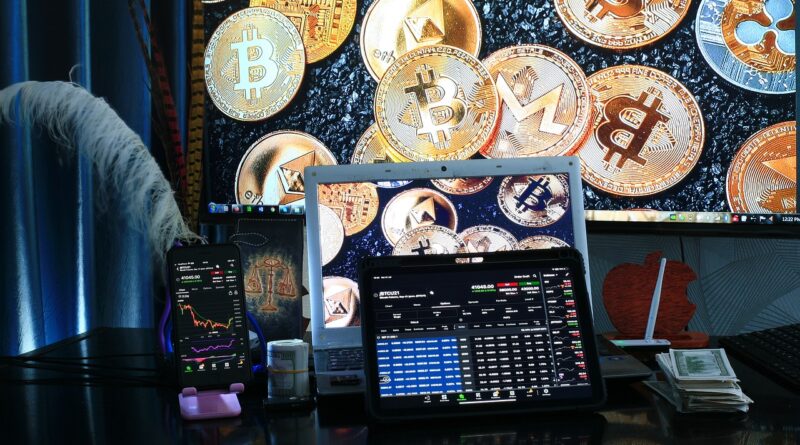Why Did South Korea’s Crypto Volume Hit a $34 Billion Record Today?
- Data from the nation’s top five exchanges—Upbit, Bithumb, Coinone, Korbit, and Gopax—revealed a sharp rise in activity, with total trading volumes surpassing $34 billion during the period.
- The brief period of martial law saw traders rushing to offload assets, creating a frenzy in the crypto markets.
- Bitcoin (BTC) faced significant pressure, struggling to maintain support below the $100,000 mark. Altcoins also experienced sharp corrections.
South Korea’s leading cryptocurrency exchanges experienced a dramatic increase in spot trading volume, driven by recent political upheaval. Data from the nation’s top five exchanges—Upbit, Bithumb, Coinone, Korbit, and Gopax—revealed a sharp rise in activity, with total trading volumes surpassing $34 billion during the period.
The surge came amidst a highly volatile political environment following President Yoon Suk Yeol’s declaration of martial law. Citing threats to national security and freedom, Yoon attributed the emergency curfew to the opposition’s “anti-state” actions.
How did the crypto market react to martial South Korea’s martial law?
The brief period of martial law saw traders rushing to offload assets, creating a frenzy in the crypto markets. The sell-off not only drove a spike in trading volumes but also triggered price declines for major cryptocurrencies.
Bitcoin (BTC) faced significant pressure, struggling to maintain support below the $100,000 mark. Altcoins also experienced sharp corrections as XRP fell from recent highs above $2.80 to lows of $2.40, before recovering slightly. Ethereum (ETH) also witnessed a drop of $3,732 to lows near $3,540, erasing gains from the previous rally.
Also Read: XRP Price Prediction: Will the XRP touch $10 by the end of 2024?
South Korea’s Political Fallout
Although President Yoon’s curfew was quickly rescinded following public and political backlash, the episode has left lasting damage. Critics have heavily condemned the decision, and speculation about Yoon’s potential impeachment is growing as unrest continues.
Observers note that the chaotic handling of the situation may further destabilize South Korea’s political and economic landscape, with the cryptocurrency market remaining a barometer of the nation’s broader uncertainties.
Conclusion
The combination of political unrest and market panic underscores the delicate interplay between governance and financial markets. As South Korea navigates this period of uncertainty, crypto traders are likely to remain cautious, keeping a close eye on both political developments and market trends.

